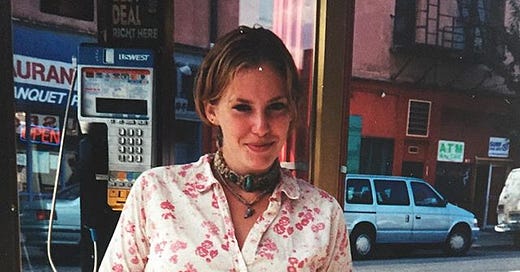This is the first part of a series on homelessness, to be published every other Monday for the next eight weeks. This one is free for everyone; the next three will be paywalled. Thank you so much for reading.
Keep reading with a 7-day free trial
Subscribe to Gathering to keep reading this post and get 7 days of free access to the full post archives.




